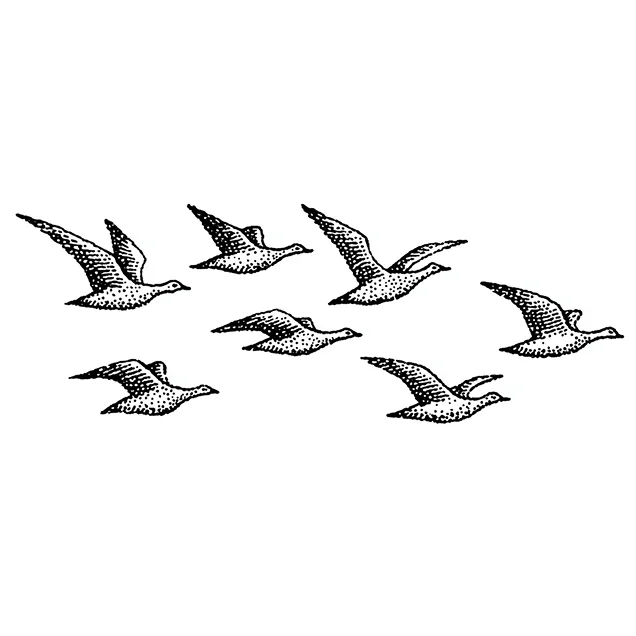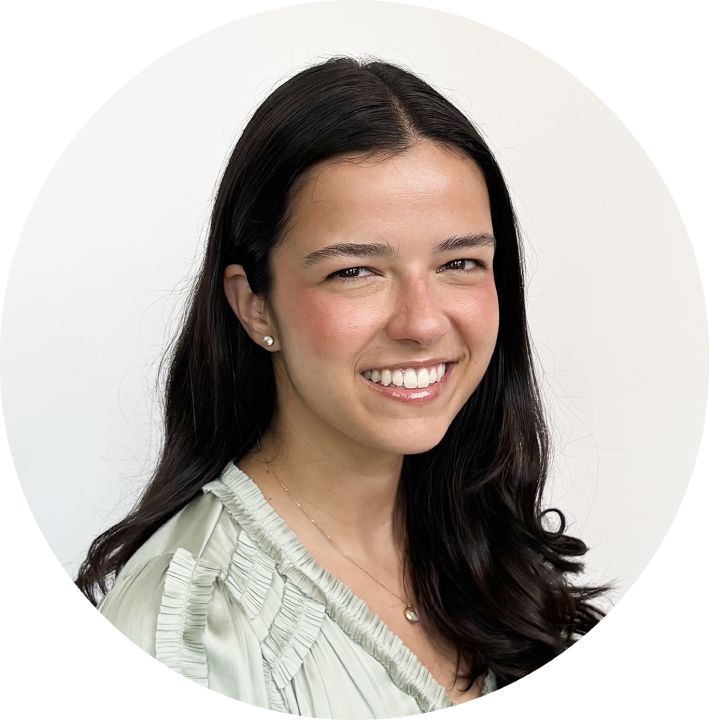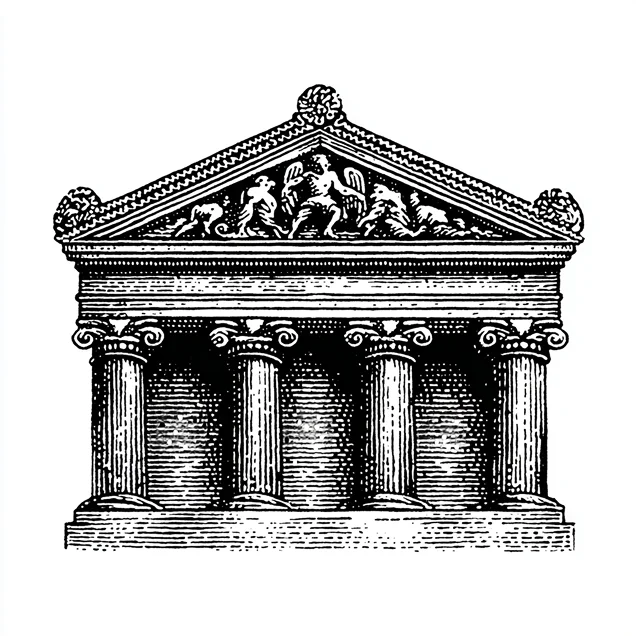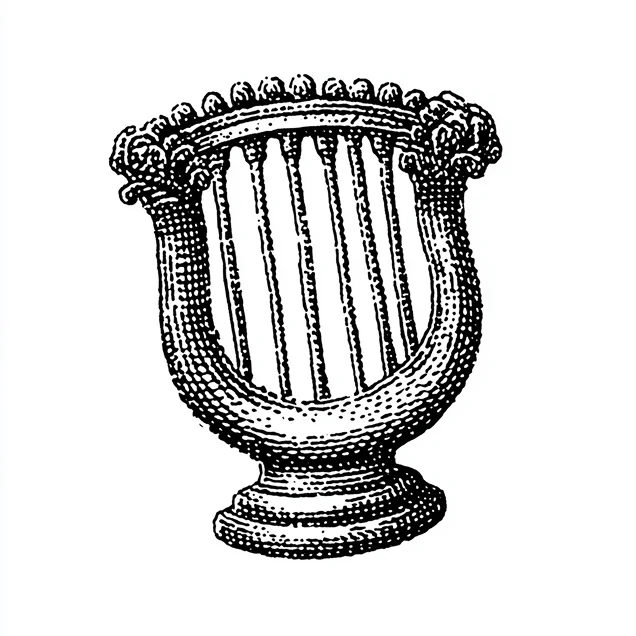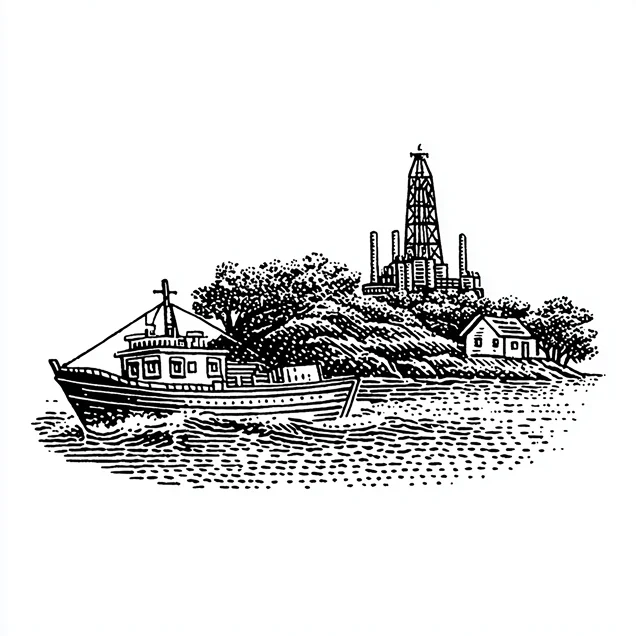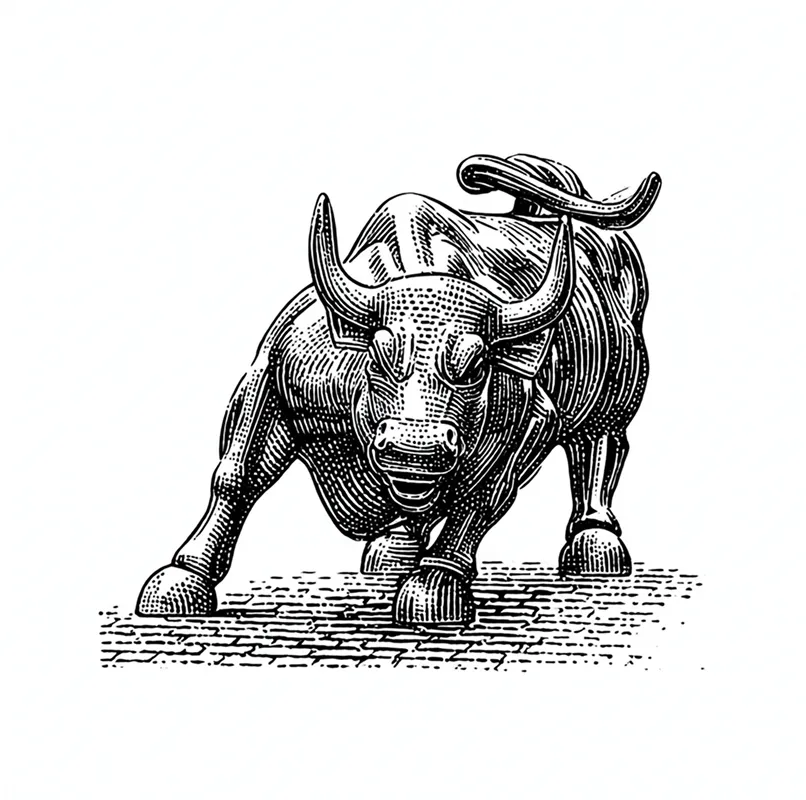When people say “I’m not sure what to do with my money,” this is often what they mean:
They don’t know how much cash to hold—and they don’t want to get it wrong.
Hold too little, and a surprise expense can derail your plan. Hold too much, and you're leaving money on the table. Most high earners default to cash because it feels “safe.” But done right, your cash can be both smart and strategic.
This guide breaks down how to figure out your number—the right amount of cash to hold—so the rest of your money can actually go to work.
How should I think about my cash vs investments?
Think of your money in buckets.
At Titan, we use a three-bucket framework—Short, Medium, and Long. Each bucket matches a purpose and a time horizon:
- Short-Term → Your emergency fund and any cash you’ll need in the next 6–12 months
- Medium-Term → Dollars you won’t need immediately but may tap in 1–3 years
- Long-Term → Capital you’re truly investing for growth: retirement, future freedom, generational wealth
Your “Short-Term” bucket is where we start. It’s the foundation that makes the rest possible.
How do I figure out my emergency fund?
Here’s a deceptively simple question:
How much do you spend in a typical month?
(Think: rent or mortgage, groceries, transportation, dining out, subscriptions, kid stuff, etc.)
Let’s say you spend about $5,000/month. Most financial planners suggest keeping 3 to 6 months of expenses in cash. At Titan, we lean conservative—especially if you’re in a high-cost-of-living city or have dependents.
So we might round that $5K up to $6K (for holiday travel or a surprise dental bill), and multiply by six months. That gives us a “sleep-well-at-night” number: $36,000.
But we like round numbers, so we call it $40,000.
Once you’ve hit that number, you’ve earned the right to extend out on the risk curve—to invest the rest with confidence.
What if I have way more than that in cash?
If you’re sitting on $100K+ in cash, first of all: that’s not a bad problem to have. But it is a problem if that money isn’t working for you.
Here’s what to ask:
- What’s the goal for this cash? Is it earmarked for a house, a wedding, a sabbatical? Or is it just “waiting”?
- Where is it sitting?
- If it’s in checking, you’re likely earning 0%.
- If it’s in a high-yield savings account (HYSA), that’s better—but HYSAs are taxable, and most people don’t realize how much state income tax can eat into those yields.
- If you’re in a high-tax state (looking at you, CA, NY, MA), options like Titan’s Smart Treasury, or investing in money market funds, can offer better after-tax returns.
- Have you ever defined your number? That’s the amount you actually need to keep in cash. Everything over that should have a job- whether that’s earning yield, compounding for the future, or funding your next chapter.
Why does getting this right matter?
Most people over-save in cash because it feels prudent. But long-term wealth isn’t built in checking accounts.
Defining your number gives you freedom:
- You stop second-guessing your spending
- You can weather life’s curveballs without panic-selling your investments
- You know exactly how much you can afford to invest and let compound
In short: it puts your money in motion, with purpose.
So… what should I do with the rest?
Once your emergency fund is set, you can build a smart deployment plan for the rest:
- Medium-term dollars might go into something liquid but yield-generating
- Long-term capital can be allocated across stocks, private credit, or retirement accounts—depending on your goals
You don’t have to do it all yourself. A Titan advisor can help you align every dollar with its ideal job—and make sure your money isn’t just sitting, but working.
Quick Answers: Cash allocation questions
"What if my expenses vary significantly month to month?" Use your highest spending months as your baseline, or add a 20% buffer to your average monthly expenses for variability.
"Should I keep my emergency fund in checking or savings?" High-yield savings accounts or investments in money market funds. Checking accounts typically earn nothing, which means you're losing to inflation.
"What if I'm self-employed with irregular income?" Consider keeping 9-12 months of expenses instead of 3-6, since your income stream is less predictable.
"Is it okay to invest while building my emergency fund?" Yes, but prioritize completing your emergency fund first. Once it's built, redirect that monthly savings toward investments.
Can Titan help with cash allocation planning?
Yes. If you're a Titan client, we can:
- Calculate your optimal emergency fund target based on your actual spending patterns and risk factors
- Recommend the best places to hold cash reserves for safety and yield optimization
- Create a deployment strategy for excess cash beyond your emergency fund
- Coordinate your cash strategy with your overall investment allocation and goals
The goal is ensuring you have adequate liquidity for peace of mind while putting every excess dollar to work building long-term wealth.
About Titan
Titan is a modern Registered Investment Advisor (RIA) helping high-earning professionals navigate complex money decisions. With a dedicated advisor and access to proprietary strategies and alternative investment options, we're your go-to wealth team for everything from RSUs to retirement. Learn more at www.titan.com.
Ready to define your number and start investing with clarity?
Talk to a Titan advisor and get a plan tailored to your goals.

